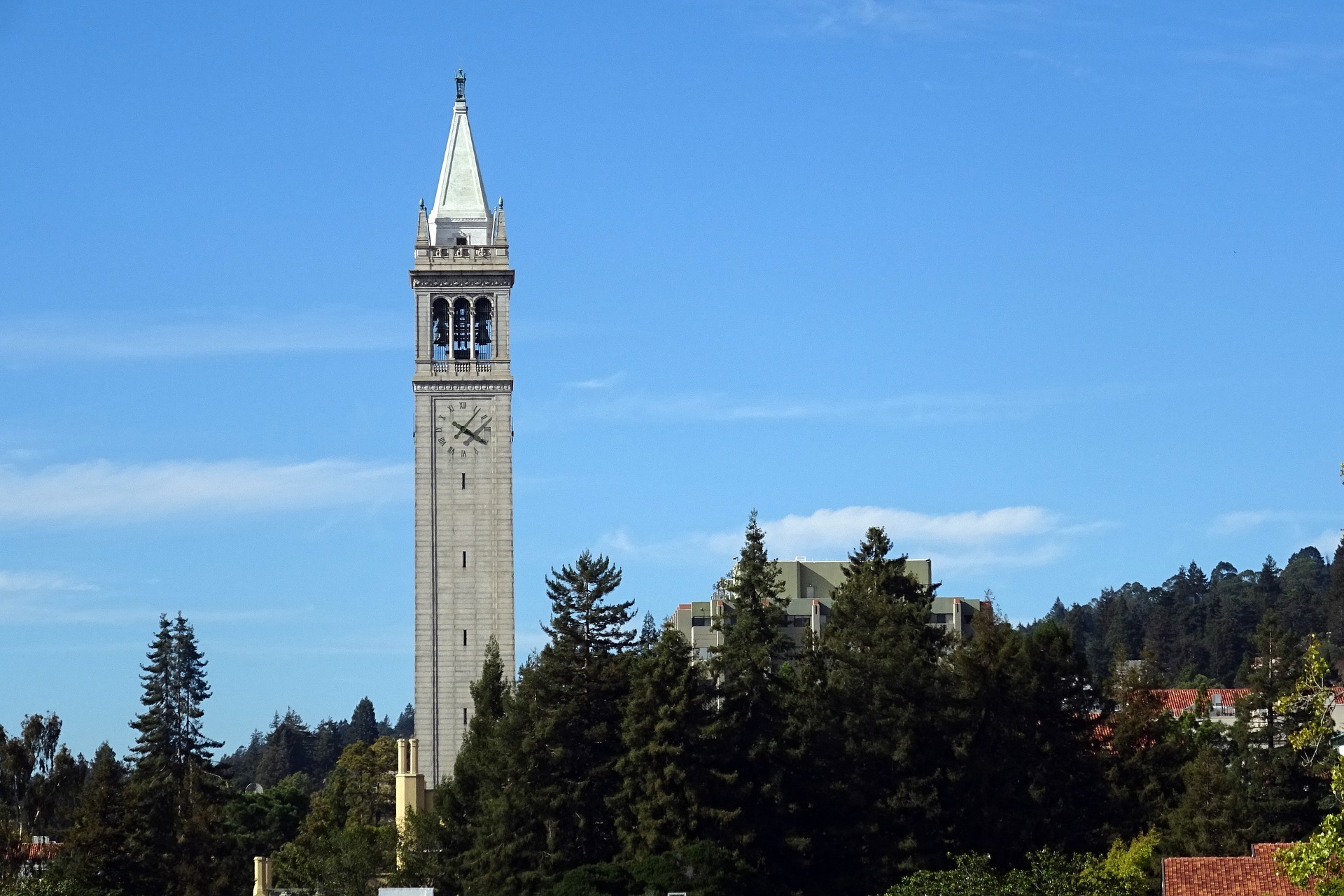The California Environmental Quality Act, often used as a blunt instrument to crush needed housing development, has become a “Swiss cheese” law due to all the carveouts that have been created to allow favored construction projects to go forward while others are mired in bureaucracy and legal limbo. It’s another sign that material change is needed.
“There is a whack-a-mole aspect to what’s been going on the last few years,” Bill Fulton, director of the Kinder Institute for Urban Research and a former mayor of Ventura, tells the San Francisco Chronicle. “The Legislature has got to decide what the goal of CEQA is,” as it has become a “Swiss cheese CEQA” that, in the Chronicle’s words, “treats too many people differently.”
The Chronicle notes that “lawmakers have added a plethora of amendments to blunt the impact of state-required environmental reviews on housing production and other construction by adding exceptions to prevent those projects from becoming entangled in drawn-out legal battles.” Exemptions have been made for bike and bus lanes; upzoning to allow denser housing; and facilities for professional sports franchises.
The latest effort to bypass CEQA is found in a pair of bills introduced last week in Sacramento. The legislation, likely to be voted on this week, provides an end run around the rules so that the University of California, Berkeley can avoid having to pare its incoming freshman class by several thousand students. The bills, one in each chamber of the Legislature, are in response to an enrollment limit set by a court after a neighborhood group used CEQA to block the school’s plan to increase the number of new students.
According to the New York Times, the bills would “give higher education leaders 18 months to remedy deficiencies when the courts determine that a campus population exceeds projections, and would ensure that any remedy being sought now would not apply to current enrollment.”
But that’s just another hole in a block of cheese that has become moldy and needs to be thrown out.
Chris Carr, head of the Environment and Energy Practice Group at the Los Angeles-founded law firm Paul Hastings, and co-author of a new PRI study, suggests that maybe the best “way to focus the Legislature’s attention on systemic (rather than one-off) CEQA reform is to take the narrow exemption option off the table.”
In The CEQA Gauntlet, a new PRI policy brief, Carr says an exemption moratorium might be enough to shame lawmakers into thinking twice about carveouts “and inspire them to start working on the systemic CEQA reform needed to benefit the general public.”
Carr and his co-authors Navi Dhillon and Lucas Grunbaum also recommend:
- Streamlining the CEQA review process.
- Expanding and clarifying exemptions – Why, they ask, “should a multi-billion-dollar sports arena receive streamlined environmental review, while renovation of the local little league field can be held up in CEQA review for years?”
- Increasing “transparency regarding the costs and benefits of any new statutory exemption” in order to “discourage the Legislature’s reliance on narrow exemptions.”
- Adopting litigation reforms that preserve meritorious suits, while cracking down on frivolous or unnecessary legal action.
“It is well past time that California lawmakers pass meaningful CEQA reforms and take a stand against the weaponization of CEQA for parochial reasons or personal gain, which too often results in CEQA standing in the way of projects that California desperately needs,” say the authors.
It’s not a stretch to say that the future is at stake. If CEQA isn’t reined in, this state will never shine like it once did.
Kerry Jackson is a fellow with the Center for California Reform at the Pacific Research Institute.

